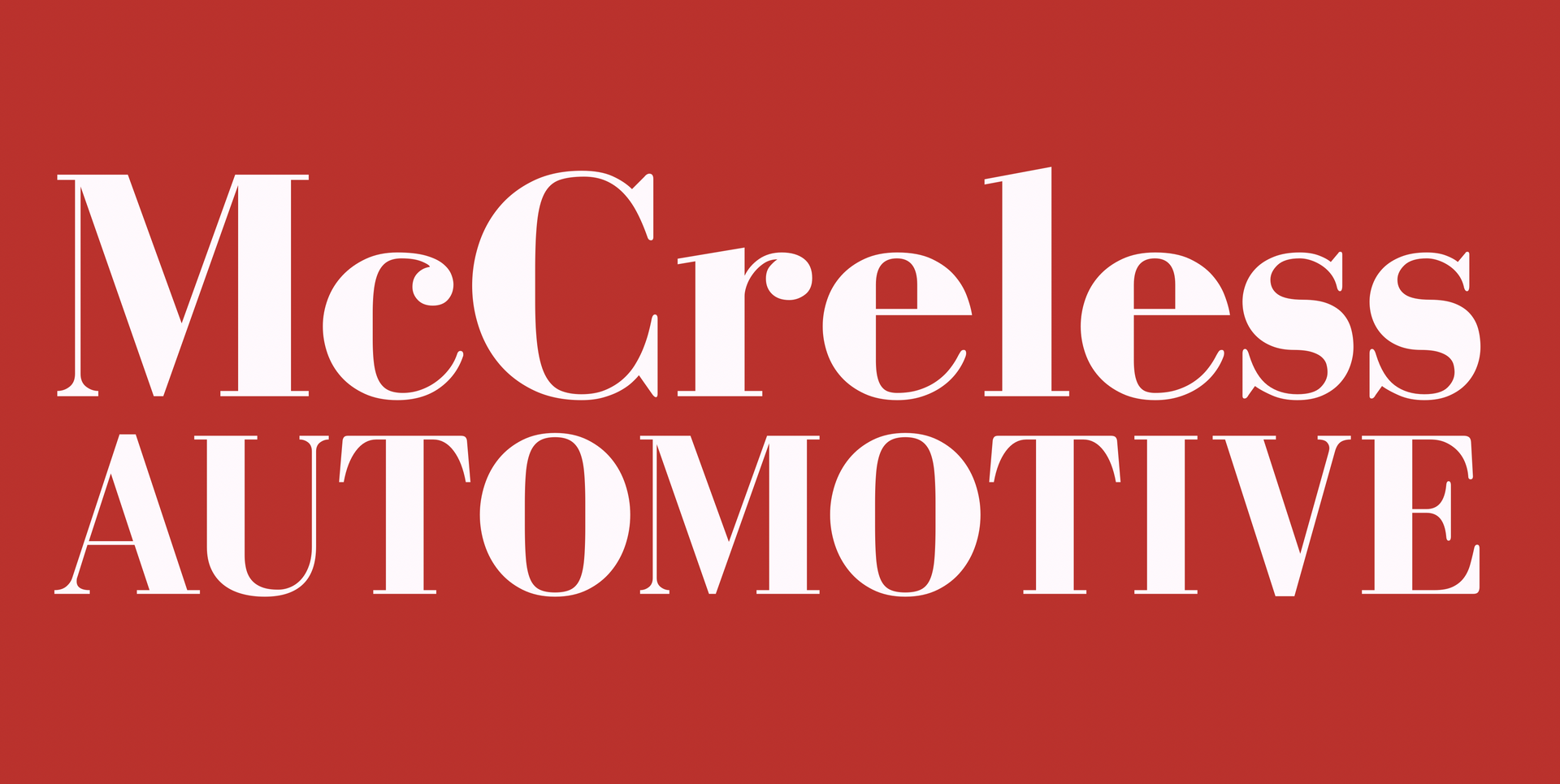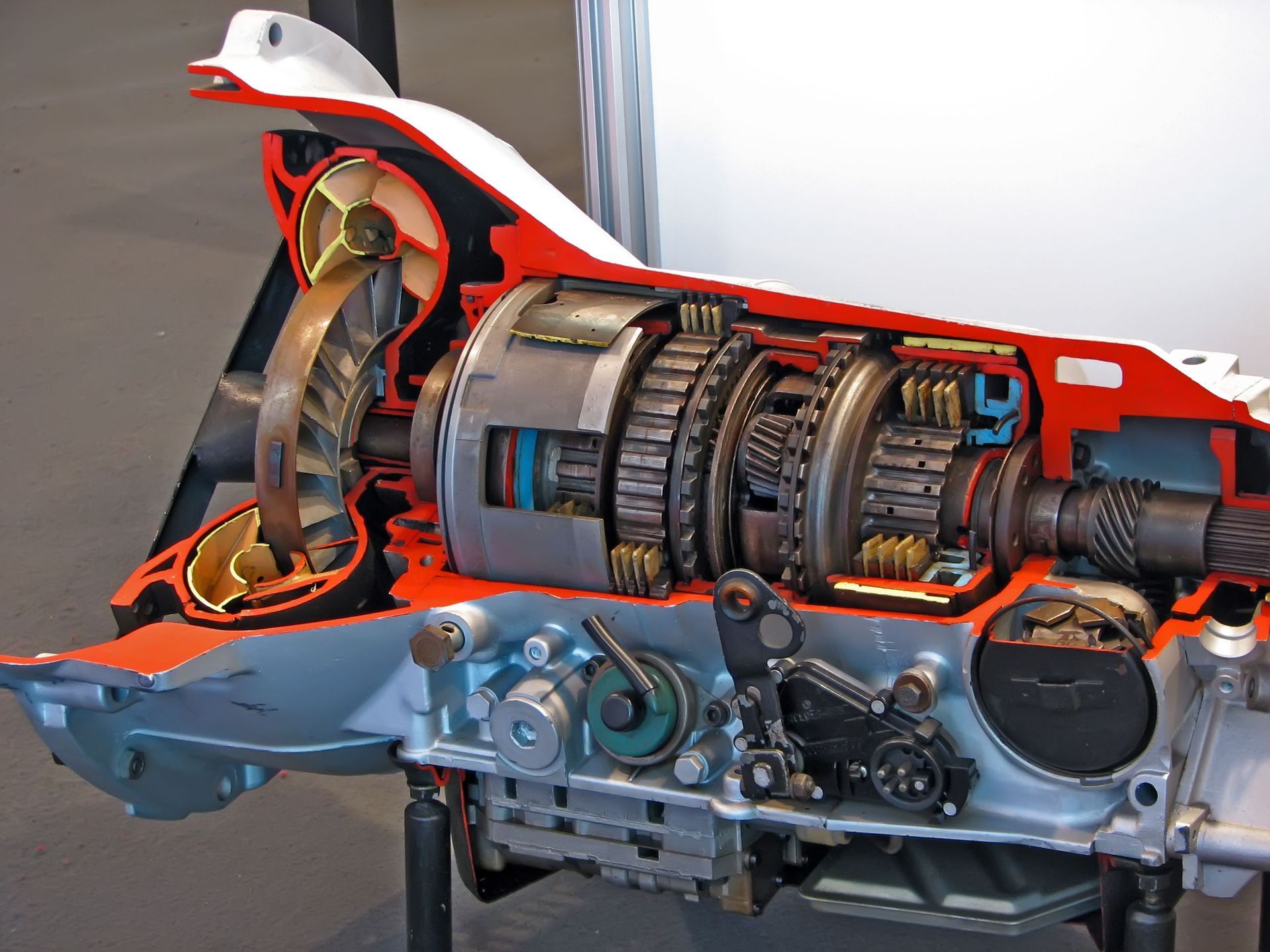September 24, 2025
In the realm of vehicle maintenance, timely transmission repair emerges as a pivotal practice that significantly impacts both the longevity and performance of a vehicle. A vehicle's transmission system is essential for controlling power distribution to the wheels, and its proper function ensures smooth operation on the road. Neglecting transmission issues can lead to severe mechanical failures and costly repairs. Consequently, understanding the benefits of timely transmission repair can aid in preserving vehicle integrity and maximizing its lifespan. This article delves into the critical advantages of maintaining a well-functioning transmission through timely interventions.
1. Enhances Vehicle Safety
Prevents Uncontrolled Movements
One of the fundamental benefits of timely transmission repair is the prevention of uncontrolled vehicle movements. A well-maintained transmission enables precise control over gear shifts, which is crucial in avoiding unexpected motion that could lead to accidents. Uncontrolled movement can occur when a transmission fails to engage properly, increasing the risk of collisions, particularly in heavy traffic or crowded environments. Regular monitoring and servicing of the transmission ensures that it operates smoothly, minimizing the chances of reaching such hazardous situations.
The role of a functioning transmission extends beyond mere operational efficiency to directly impacting passenger safety. Sudden jolts or gear slips are not only uncomfortable but can result in loss of vehicle control, endangering all occupants. Timely transmission repairs bolster the driver's ability to manage the vehicle securely, effectively turning erratic movements into smooth transitions. This aspect of vehicular safety cannot be understated, especially when considering that on average, people maintain their automobiles for 8.4 years, according to LLC Buddy. Ensuring safety extends the usable life of the vehicle while providing peace of mind to drivers and passengers alike.
Improves Fuel Efficiency
Timely transmission repair significantly enhances a vehicle's fuel efficiency, a critical factor given today's fluctuating fuel prices and environmental consciousness. A well-functioning transmission allows the engine to operate within its optimal performance range, thereby minimizing fuel wastage. Properly maintained, the transmission ensures appropriate gear engagement, preventing the engine from over-revving or laboring, both of which can increase fuel consumption. By optimizing these elements, vehicle owners can achieve significant cost savings on fuel expenditures over time. The relevance of improving efficiency becomes crucial as automotive designs strive to meet stricter emissions standards and environmental expectations.
Fuel efficiency is closely intertwined with engine performance, which is supported by a seamless transmission system. The transmission must work harmoniously with the engine to deliver power efficiently, maintaining a balance that promotes lower fuel usage. Strain or malfunction within the transmission can cause the engine to compensate, often by using more fuel to maintain desired speeds or performance levels. Ensuring timely repairs helps avoid such imbalances, allowing vehicle owners to enjoy consistently lower fuel costs and reduced environmental impact through improved efficiency. It's a proactive measure that supports broader goals of sustainability and economic operation for vehicles of all types.
2. Extends Vehicle Lifespan
Prevents Major Component Damages
Maintaining the transmission in good condition is integral to preventing damage to major vehicle components, ultimately extending the lifespan of the vehicle. The transmission works in concert with the engine and differential to distribute power, and any failure in this system can lead to significant mechanical issues. Timely repairs ensure the cohesion of these systems, preventing a domino effect of mechanical failures stemming from transmission problems. For most vehicle owners, this means a considerable reduction in the frequency and cost of major repairs over the vehicle's lifespan. Automakers and service professionals alike emphasize this interdependence, highlighting transmission maintenance as a cornerstone of vehicle reliability.
Timely transmission repairs not only prevent severe engine issues but also help avoid the necessity of costly replacements. Parts and labor associated with a full transmission replacement can be exorbitant, often prompting vehicle owners to consider purchasing a new vehicle instead. By investing in regular maintenance, such costly scenarios can be largely circumvented, supporting a more financially sustainable vehicle ownership experience. The focus remains on maintaining the existing vehicle, emphasizing repair over replacement, which is not only cost-effective but also aligns with sustainable consumption practices.
Enhances Driving Experience
A smoothly operating transmission significantly enhances the overall driving experience by providing smoother gear shifts. The seamless transition from one gear to another ensures that the vehicle operates without unwanted lurches or stalls, thereby enhancing the comfort of the journey. Drivers receive immediate feedback from the vehicle, contributing to a more engaging and enjoyable driving experience. This aspect is particularly beneficial in urban environments, where frequent stop-and-go traffic requires a responsive vehicle system. Timely repairs address minor issues before they affect the user experience, promoting a harmonious interaction between driver and machine.
In addition to smoother gear transitions, a well-maintained transmission reduces noise and vibrations, thereby offering a quieter ride. Transmission issues can manifest as unusual noises or vibrations, which diminish the comfort and satisfaction of driving. Addressing these issues promptly ensures that the vehicle remains stable and quiet, enhancing both driver and passenger comfort. Vehicle engineers understand the importance of a silent cabin in providing a premium experience, emphasizing the role of transmission integrity in achieving this goal. The benefit stretches beyond luxury, appealing universally to drivers who prioritize comfort and control.
Provides a Cost-Effective Maintenance Strategy
Implementing a timely vehicle transmission repair routine is a cost-effective strategy that transforms maintenance into a predictable expense rather than an unpredictable financial burden. By addressing minor issues before they evolve into significant problems, vehicle owners can avoid the substantial costs associated with major repairs or replacements. This foresight allows for better budgeting and financial planning, as routine maintenance expenses are more manageable and expected. As vehicles increase in complexity and feature more advanced technologies, the principle of preventative maintenance grows more relevant, supporting the owner's desire for fiscal responsibility.
Minimizing long-term repair costs through regular transmission service is a proactive approach that benefits the overall financial health of vehicle ownership. Unexpected breakdowns and the associated repair costs can place a significant financial strain on owners, disrupting budgets and potentially impacting lifestyle choices. By maintaining a systematic service schedule, such unplanned expenses are minimized, leaving more resources available for other priorities. This strategy aligns with best practices in vehicle maintenance, emphasizing the importance of early intervention and systematic care in promoting a sustainable ownership experience.
3. Reduces Environmental Impact
Lowers Exhaust Emissions
Timely transmission repair contributes to lowering exhaust emissions, playing a pivotal role in supporting environmental sustainability efforts. Properly functioning transmissions facilitate optimal engine performance, ensuring that fuel combustion processes are efficient and produce minimal emissions. As vehicles continue to evolve, adhering to stringent emissions standards becomes imperative for manufacturers and owners alike. By maintaining a transmission system, vehicle owners can actively participate in environmental protection, reducing the harmful impact of emissions on air quality. This collective effort aligns with broader eco-friendly initiatives aimed at reducing the automotive industry's carbon footprint.
In addition to emission reductions, well-maintained transmission systems minimize fluid leaks and spills, which pose significant environmental hazards if left unchecked. Transmission fluid leaks not only degrade the vehicle's performance but also contribute to soil and water contamination. Regular transmission maintenance addresses potential leaks before they become significant issues, preventing environmental damage and supporting conservation efforts. By actively monitoring and repairing these issues, vehicle owners commit to preserving natural ecosystems, aligning personal vehicle care with larger environmental stewardship goals.
The crucial benefits of timely vehicle
transmission repair extend far beyond immediate mechanical issues, impacting safety, fuel efficiency, vehicle lifespan, driver experience, cost management, and environmental outcomes. By prioritizing transmission maintenance, vehicle owners can ensure safer, more efficient, and more enjoyable driving experiences while contributing to environmental sustainability. For a vehicle's longevity and optimal performance, routine transmission service stands as a fundamental practice that aligns with modern automotive expectations and responsible ownership. Encouraging vehicle owners to adopt these practices fosters a culture of proactive care, ultimately benefiting the individual, society, and the environment. If you need vehicle transmission repairs, don't delay, contact the professionals at McCreless Automotive today!



